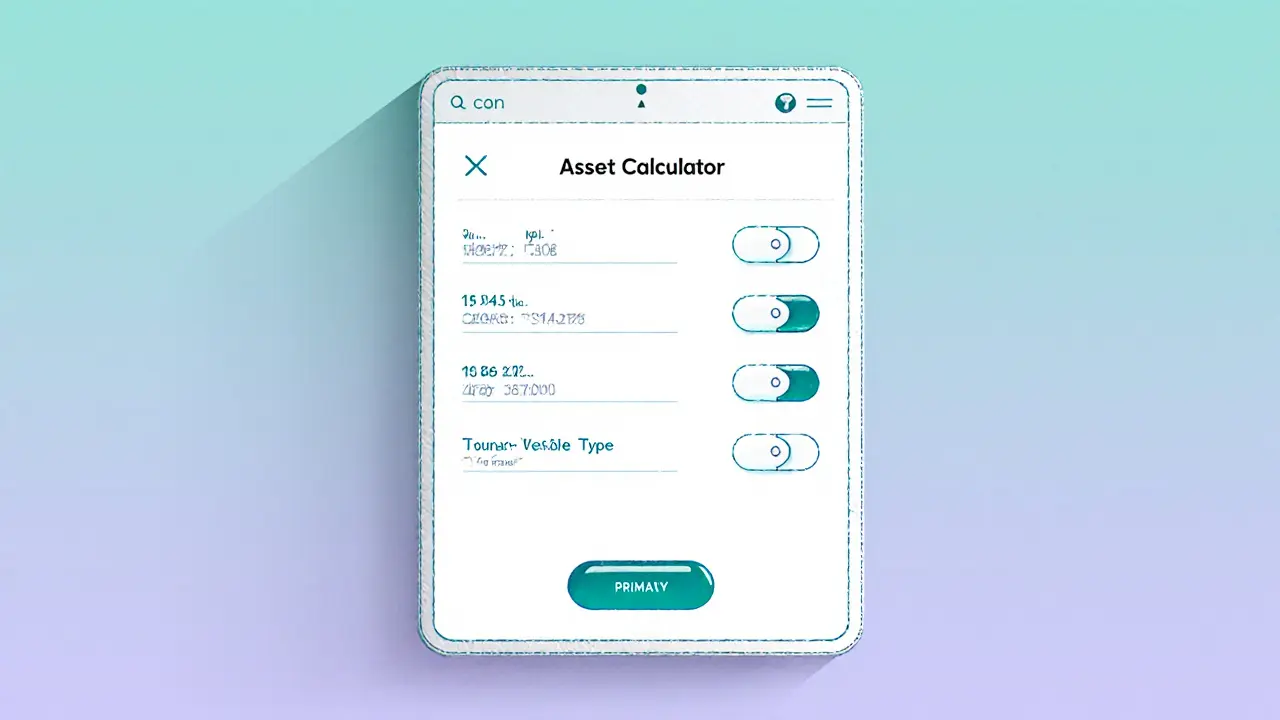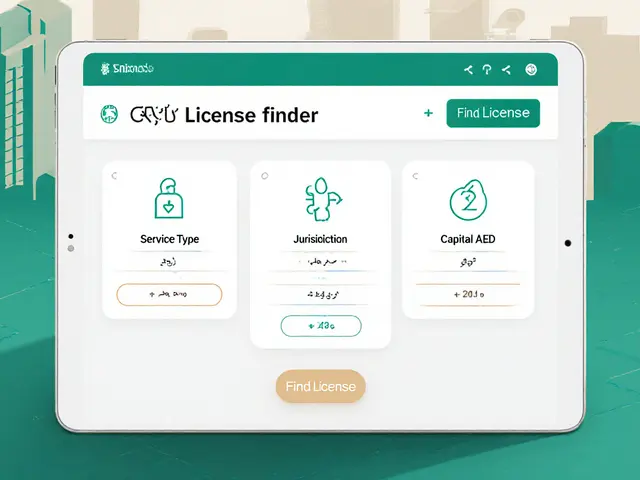Forex Tax Treatment: What You Need to Know
When dealing with Forex Tax Treatment, the set of rules that decide how foreign‑exchange gains and losses are reported to tax authorities. Also called FX tax rules, it matters to anyone who buys, sells, or earns money from currency movements – from casual weekend traders to full‑time professionals. One core piece of the puzzle is Capital Gains, the profit you keep when you sell a currency pair for more than you bought it. In many countries capital gains are taxed at a lower rate than ordinary income, but the exact percentage and exemption limits vary by jurisdiction. Understanding whether your forex profit falls under capital gains or another category is the first step to filing correctly and avoiding surprise tax bills.
Key Concepts That Shape Your Tax Bill
In practice, forex profit often shows up as Trading Income, earnings that arise from regular buying and selling of currencies as a business activity. The classification matters because forex tax treatment requires you to treat trading income differently from capital gains – one is taxed as ordinary income, the other may benefit from lower rates or exemptions. To stay compliant you need accurate Tax Reporting, the process of filing the correct forms and schedules with the revenue service. This usually means completing a Schedule D for capital gains, a Schedule C or self‑employment tax form for trading income, and attaching any necessary statements for foreign‑exchange transactions. Keeping detailed records – dates, exchange rates, transaction amounts, and fees – is essential; the tax agency expects a clear paper trail and will flag any gaps. You can also lower your taxable profit by claiming Deductible Expenses, costs such as platform fees, data subscriptions, education, and even a portion of home‑office expenses that are directly tied to your forex activity. The key attribute here is documentation: receipts, invoices, and bank statements must back every expense you deduct. Value comes from reducing the amount of income the tax authority sees, which can move you into a lower tax bracket or shrink your overall liability. Many traders overlook these deductions, thinking they apply only to traditional businesses, but tax codes often treat active forex trading as a trade or business, opening the door to a wide range of write‑offs.
Below you’ll find a mixed bag of articles that dig into the tax side of forex and the crypto world that often overlaps with it. We cover exchange fee structures, which affect the cost basis you report; step‑by‑step guides on how airdrop tokens are taxed – a hot topic for traders who also hold foreign currencies; deep dives into mining revenue, which can be treated like forex earnings in some jurisdictions; and practical tips for filing taxes when you trade both fiat and digital assets. Whether you’re just starting out, looking to optimize your deductions, or hunting for the latest regulatory updates, the posts give concrete examples, real‑world numbers, and actionable advice. Dive in to see how each piece can help you stay on the right side of the tax man while you trade.
Understanding Spot Trading Tax Treatment in the US (2025 Update)
Learn how the US taxes forex spot trades versus cryptocurrency spot trades, the forms you need, and practical strategies to stay compliant in 2025.
View More




